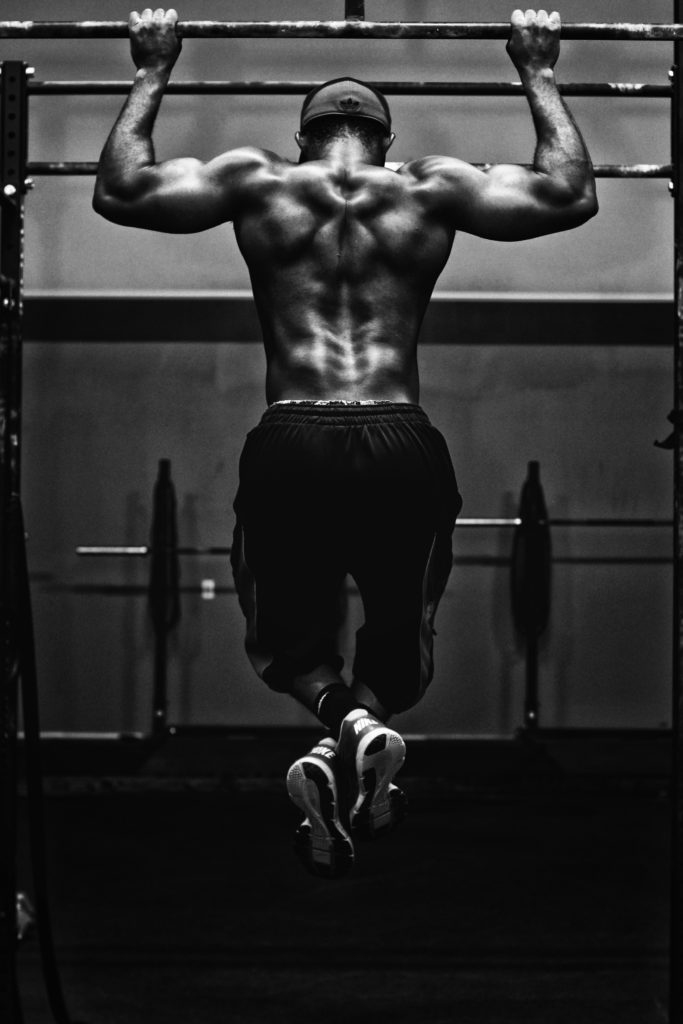Reaching Out for Help — and Treatment — Is the Bravest and Healthiest Way to Make Your Life Count

We’ve talked before about stigma, and the fear you can have of doing or saying anything that would attach a stigma to you.
Racism is in the news often in these times. It seems that being accused as a racist is one of the most dreaded accusations anyone can bear. And once that accusation is slung at someone, it’s hard to get out from under the the searing branding of it.
You don’t want to be a racist, and maybe even more, you don’t want to be SEEN as a racist.
In a similar way, there’s another label that gets slung around, and that’s “mentally ill” or “crazy” … right? Here’s worse: weak.
The stigma is painful. The label hurts. Those slinging those stones are not usually qualified to have any idea of its truth.
Just as the stigma of racism runs deep and its historical tendrils have insidiously reached all races, in all cities, and carried through generations, in a similar way the stigma of what people call “mental illness” has done the same.
Also, just as neuroscientists have discovered more and more about what actually happens in the cells in the brain that result in a disorder, there is more and more information to fight stigma.
Still, it exists. If you go to a psychiatrist to find out what can be done about the darkness, emptiness, despair you feel…will you lose your job? What about your family…Will they think you’re weak? How will your boss look at you…any differently? Will you have trouble getting insurance?

Which is why it’s so important that men seek help when they need it. It shows they know what’s important.
What are the risks?
But if you need an intervention to pull you back from the precipice of despair, from thoughts of suicide … does that mean you’re weak? Or simply that you need treatment to restore you to your full functioning self?
What about a celebrity athlete? Should a famous athlete be respectfully treated so he can move forward and perform, or should he be shamed and stigmatized as if he’s not worthy of his position?
But think about it. Truly independent, strong men seek help when they need it, whether to lift furniture, improve a skill, or check out something that doesn’t feel right. Like a pain in their heart. It’s as much about being a leader as it is about being well.
Dak Prescott has been in the news because of something besides his role as a Dallas Cowboys quarterback. After his mother’s death from colon cancer in 2013, during which his brother Jace was a present support and helplessly watched her suffering, Jace took his own life in April of this year.
Dak has begun opening up about these tragedies, and about his own struggles with depression and anxiety through the COVID-19 pandemic.
He spoke out in September about the importance of being vulnerable during difficult times, and reaching out for help, rather than trying to carry your pain silently inside.
He knows that doing that can be lifesaving.
Dak’s statements have opened up the dialogue again about men in masculine roles, and their difficulties in being honest and open to reach out for support and treatment.
This is an area of extra stigma not only for the athletes, but for their fans and their announcers.

The same can be said about other tough roles such as police and military.
And among the cultures in these careers, a true leader is too often believed to be one who doesn’t “allow” depression or panic. (As if we allow it, right?) And who certainly doesn’t need help … with anything. Or directions.
And yet, people of all walks of life can suffer with psychiatric disorders. Depression, anxiety, trauma, addiction. Hopelessness. They cut across all boundaries, all races, all cultures, all socioeconomic levels. They can creep in or hit you like a hurricane.
It has nothing to do with courage, energy, personal strength, or leadership ability.
It hits all of us. Ourselves, or someone we know.
Dak Prescott is joining with other male celebrities such as Dwayne Johnson, Michael Phelps, and Kevin Love, to encourage men to speak up, be honest and open about their struggles, talk about real things that matter, and embrace treatment when it’s needed.
They’re showing the world that strong men seek help when they need it, because that’s what leaders do.
And that’s a very productive effort toward reducing stigma, to letting all men be real, to feel what they feel — and to be honest and courageous to talk about it and reach out for support.
The beauty of it is that there is help to be found.
For depression, PTSD, suicidal thoughts, alcohol use disorder, and substance use disorder, IV ketamine treatment can make a robust and extraordinary transformation in your life over a few short weeks. Not for everyone, of course, but for many.
It can also dramatically relieve bipolar depression, postpartum depression, and adolescent depression and help you achieve a kind of resilience you didn’t know you had in you.
The era of taking antidepressants for months and years hoping they’ll eventually help even when they don’t… is outdated. Because we have more to offer. So if what you’re doing isn’t working to help, it may be time to reach out and see what else is out there.

At Innovative Psychiatry we see many men whose symptoms make them pretty miserable get back to their best selves after a few weeks of infusions…
And we’re set up to safely offer these infusions in the current COVID pandemic in our office in South Windsor, CT.
Dak Prescott is a brave man, who has owned up to his feelings, pain, and struggle…and has reached out for help.
He’s still a leader in his field. A leader who’s setting an example for health. A man seeks help. It’s a leadership thing…like a CEO, or an athlete, or a governor. Men seek help because they know they can’t do it all. So they choose their help wisely.
Do for yourself what Dak has done for himself. Connect with others who also struggle and seek support, and reach out for treatment here.
Stigma about taking hold of what you need to live well is so 20th century. This is a new dawn, a new world, with new solutions.
There is no weakness in reaching out to get what you need.
We’re here to help you with that.

To the restoration of your best self,
